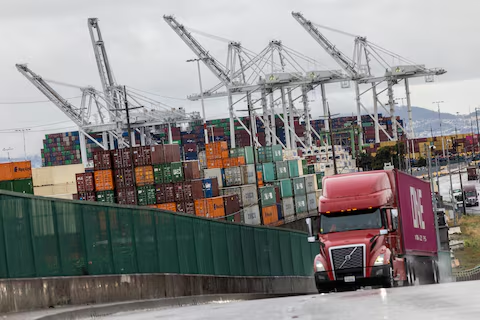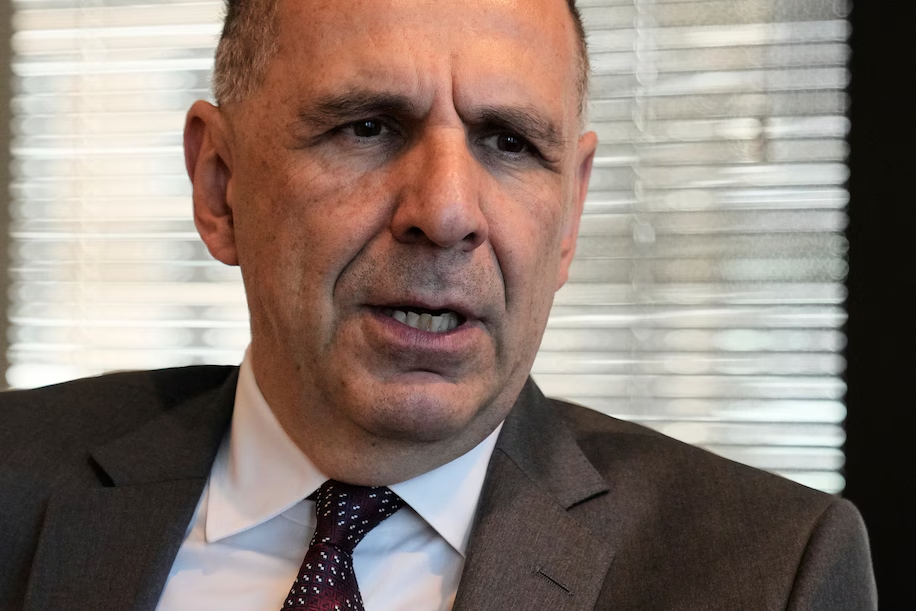Finance ministers from the Group of Seven (G7) advanced economies are pressing the United States for greater alignment on a range of non-tariff trade and economic policy issues as they gather this week in Canada for a high-stakes summit. While no major tariff changes are expected, leaders are aiming to make progress on digital regulation, green finance, supply chain resilience, and investment screening.
According to officials involved in the discussions, the focus has shifted away from traditional market access agreements toward new-generation economic challenges where coordination among allies is becoming more urgent. These include the regulation of artificial intelligence, decarbonization standards, and managing economic security risks posed by countries such as China and Russia.
“The global economy is undergoing structural shifts, and we need to modernize our cooperation,” said a senior EU official ahead of the meeting. “We want to ensure there is strategic alignment—especially from the United States—on how we address non-tariff barriers, digital taxes, and green industry subsidies.”
The meetings in St. John’s, Newfoundland, bring together finance leaders from the U.S., Canada, the UK, France, Germany, Italy, and Japan. U.S. Treasury Secretary Janet Yellen is leading the American delegation and is expected to face calls from European and Canadian counterparts to clarify the Biden and Trump administrations’ respective stances on multilateral digital tax rules and subsidy-related tensions sparked by domestic industrial policies.
While U.S. President Donald Trump has expressed skepticism about large-scale international economic frameworks, G7 members are urging Washington to avoid fragmentation in global standards—especially on technology and environmental rules. One senior Canadian official described Washington’s position as “cautious but not inflexible.”
There is also growing concern within the G7 about the use of industrial subsidies and state aid programs that risk distorting competition among member economies. Europe and Japan have voiced frustration over U.S. clean energy tax credits and manufacturing incentives they argue are protectionist in nature.
“We’re not asking the U.S. to abandon its domestic priorities,” said a French official. “But we need mechanisms to ensure transparency and coordination so we don’t undercut each other.”
In particular, the ministers hope to build consensus around investment screening standards for sensitive sectors, including semiconductors, critical minerals, and defense-related technology. Recent moves by the U.S. to tighten outbound investment controls have sparked discussion on how other G7 nations might align with Washington’s efforts to safeguard strategic assets from Chinese acquisition.
Another key area of discussion is the global digital tax framework being developed through the OECD. While most G7 countries have supported the initiative, the U.S. has raised objections about some elements, especially those affecting large American tech companies. Treasury officials say they remain committed to the talks but are seeking revisions to protect U.S. economic interests.
Despite differing perspectives, the G7 leaders are expected to release a joint communiqué reaffirming their commitment to democratic values, open markets, and sustainable growth. However, the tone of the final statement may hinge on how much consensus can be achieved on the non-tariff issues dominating this year’s agenda.
As geopolitical tensions rise and supply chains shift in response to conflict and climate imperatives, finance leaders from the world’s richest democracies are under increasing pressure to demonstrate unity—and to craft new rules that reflect the realities of a multipolar, digital, and decarbonizing global economy.
Source: Reuters



